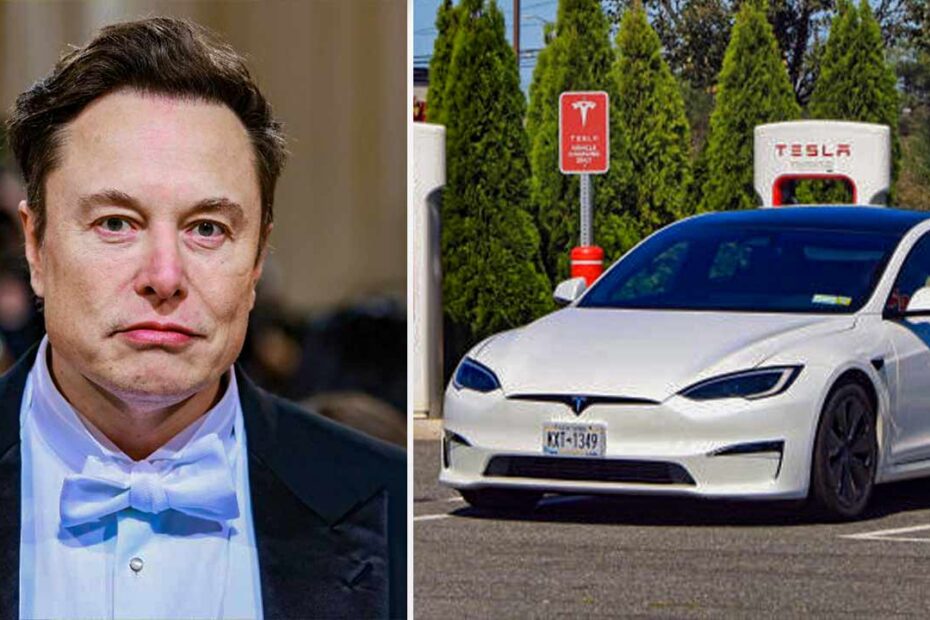Tesla price cuts in recent times show that EVs will be cheaper in coming years. Over the last few years, it was known that Tesla could disrupt the automobile industry with its premium quality cars at reasonable rates. Now, there is another disruption with the price cuts by the top automaker.

The EV firm has cut prices on some of its top models, including the Model Y SUV and Model 3, by up to 20% across the US and Europe, per changes made to prices of vehicle listings on its site on Thursday. Though the cars remain relatively expensive, it’s a significant drop in premium pricing. And it’s a sign that Tesla is in defense mode after months of gradual price rises for its vehicles.
Protesters who bought Teslas stormed a Tesla store in China after price cuts demanding a refund of the price difference.
Do you think they have the right to be refunded the price difference? Or just those who have not received their cars yet? #Tesla $tsla pic.twitter.com/FzQk3xw263
— Anas Alhajji (@anasalhajji) January 8, 2023
Price drops come on the heels of the company missing market estimates for deliveries last year amid an economic downturn that has wiped its market capitalization from a $1 trillion high to less than $400 billion. And though Musk has previously talked about making Teslas more affordable, it’s more likely that his hand has been forced by circumstance. Since taking over at Twitter, Musk has increasingly used the platform to make clear that he is unhappy with the way the Fed has been pursuing aggressive interest rate hikes to bring inflation back down to its target of 2%.
Changing prices
In November, the billionaire tweeted that the “Fed needs to cut interest rates immediately” over concerns that “they are massively amplifying the probability of a severe recession.” Rising interest rates have taken a toll on Tesla. Investors soured on its stock for the same reasons tech stocks are down more generally, speculative companies betting on the future are less appetizing to investors right now than safe-haven value stocks like commodities.
That’s triggered a rethink about whether or not Tesla should be priced as a normal car company or a tech company, with the latter traditionally enjoying significant markups on the promise of an industry-shaking innovation. Rate rises are forcing investor clarity on this. Interest rate hikes have also increased the costs of financing the purchase of a Tesla, making it harder for consumers already battered by inflation to make the switch. In response to a Twitter thread about consumers who took out loans before the interest rate rises took effect, and now face steeper repayments, Musk tweeted that it could potentially trigger “the biggest financial crisis ever.” In a research note, Dan Ives, senior equity research analyst at Wedbush Securities, said “it’s no secret that demand for Tesla is starting to see some cracks” as a global slowdown of the economy that started in 2022 continues into 2023.











